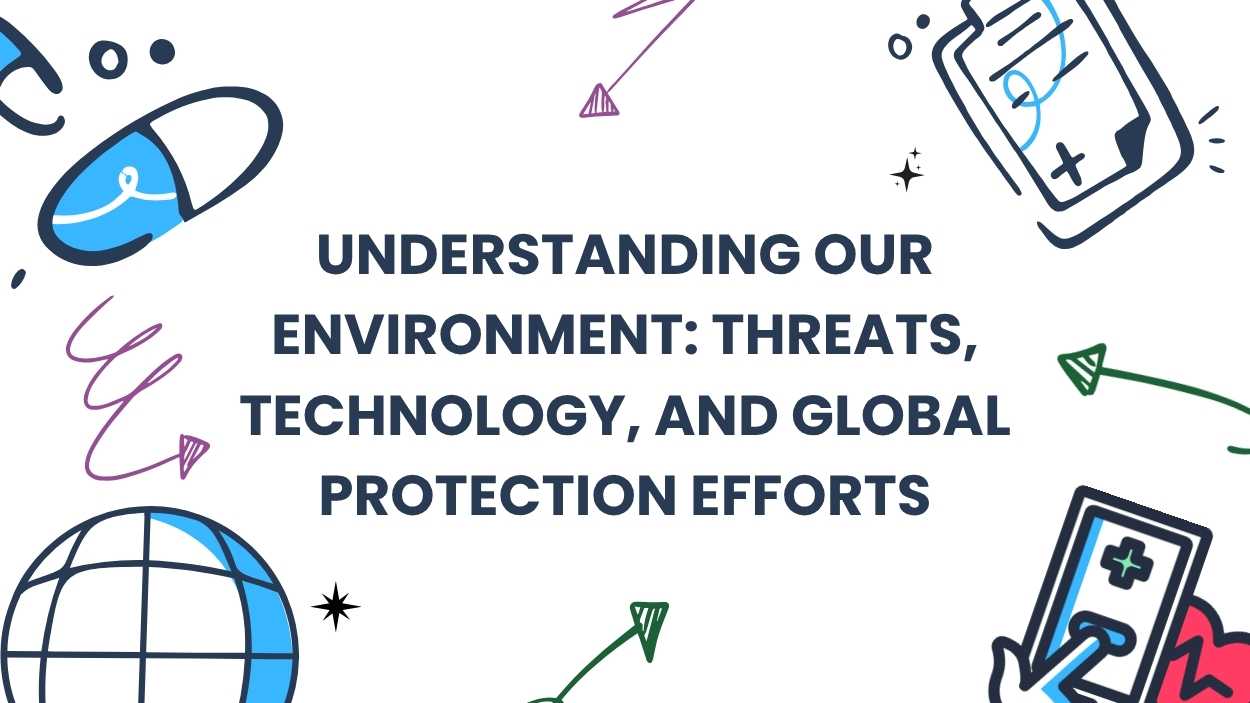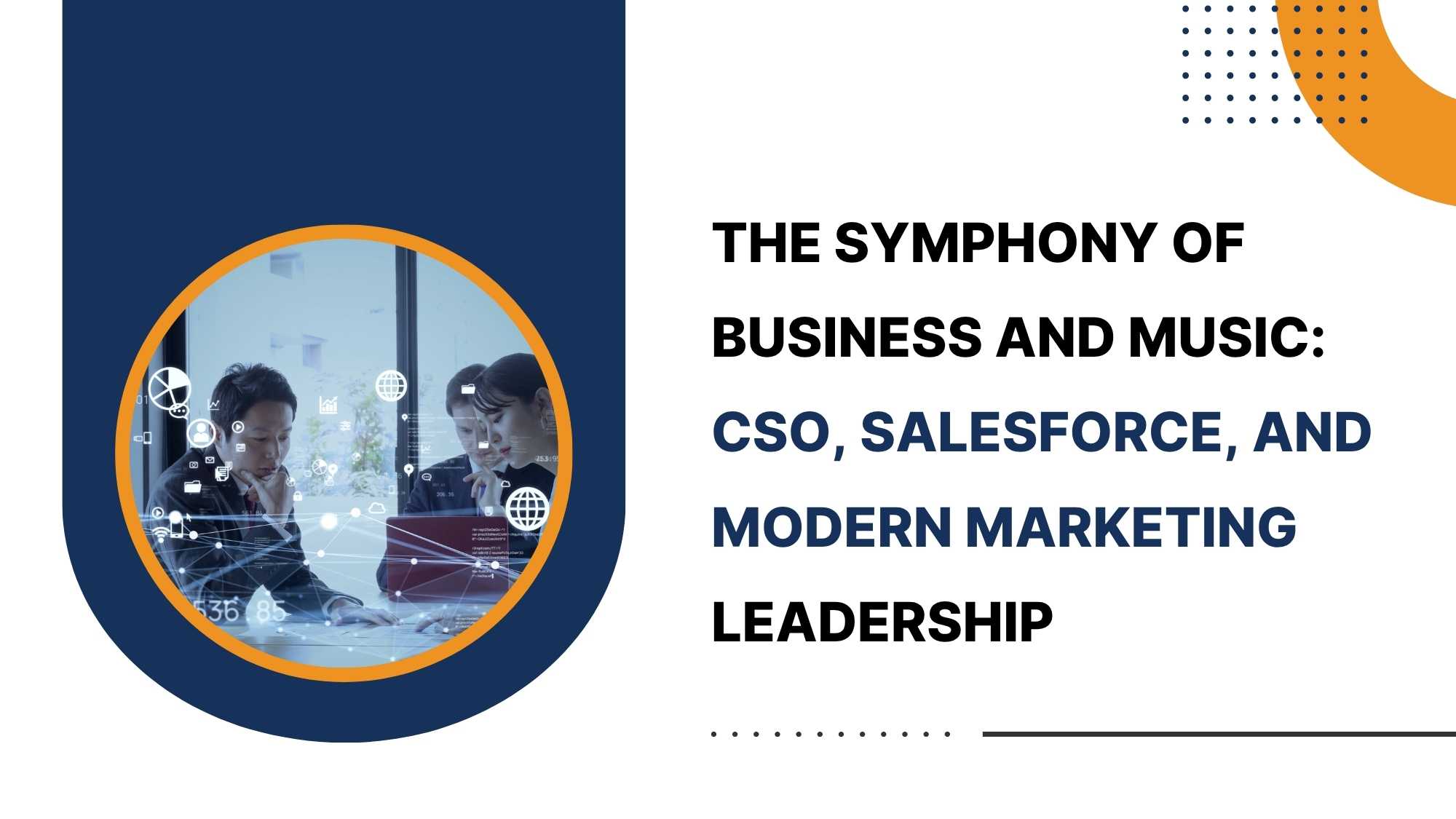In an increasingly interconnected world, the conversation around business success has fundamentally broadened. No longer is profit the sole metric of achievement; true leadership now demands an unwavering commitment to environmental stewardship and social responsibility. As global challenges intensify, companies are compelled to integrate eco-friendly values not as an afterthought, but as a core pillar of their operational strategy. This paradigm shift reveals that sustainability isn’t merely a compliance burden, but a powerful catalyst for innovation, customer loyalty, and long-term resilience, demonstrating that a healthy bottom line can absolutely coexist with a healthy planet.
Beyond Greenwashing: Authentic Transformations
The ingenuity of modern sustainable models often lies in their ability to redefine traditional consumer-business relationships. Take Patagonia’s Worn Wear program, for instance, which masterfully transforms consumption into a circular engagement, encouraging repair and reuse over endless buying cycles. This not only mitigates textile waste, a significant environmental concern, but also deepens brand loyalty by aligning with conscious consumer values. Similarly, The Body Shop’s steadfast dedication to cruelty-free, natural products and recyclable packaging, alongside Ecover’s pioneering green cleaning solutions, illustrates how businesses can build powerful narratives and product lines around ethical choices, empowering customers to make a positive impact with every purchase.
Beyond consumer-facing initiatives, sustainability is dramatically reshaping industrial and agricultural practices. Companies like Masser Potato Farms exemplify this shift by embedding eco-friendly initiatives directly into their core operations, from rigorous waste recycling programs to advanced water management and renewable energy adoption. This proactive stance on reducing carbon emissions and managing resources showcases how large-scale agricultural enterprises can significantly contribute to national environmental goals. Concurrently, Nestlé’s substantial investment in regenerative agriculture within its supply chain highlights a commitment to rebuilding soil health, improving biodiversity, and reducing reliance on fossil fuel-based fertilizers, proving that even global giants can pivot towards more holistic, planet-friendly sourcing.
Protecting Our Shared Resources
Some of the most inspiring sustainable models directly address critical environmental degradation, demonstrating a proactive commitment to healing our planet. Enaleia’s Mediterranean Cleanup project stands out as a powerful example, turning a crisis into an opportunity by training fishers to responsibly remove plastics and marine litter from the oceans. This innovative approach not only tackles pollution head-on but also empowers local communities through education and promotes sustainable fishing practices. It illustrates a business model that is intrinsically linked to environmental restoration, actively working to mend ecosystems that have been damaged by human activity while fostering responsible livelihoods.
Ultimately, the diverse examples of Patagonia, Masser Potato Farms, Enaleia, Ecover, Nestlé, and The Body Shop offer far more than just individual case studies; they collectively paint a comprehensive vision for the future of enterprise. These companies prove that purpose-driven strategies are not just aspirational, but entirely achievable and economically viable across vastly different industries. Their success stories underscore a fundamental truth: by integrating environmental responsibility and social consciousness into their DNA, businesses can not only navigate the complexities of our changing world but also emerge as leaders, forging a path towards a more sustainable and prosperous future for all stakeholders.













